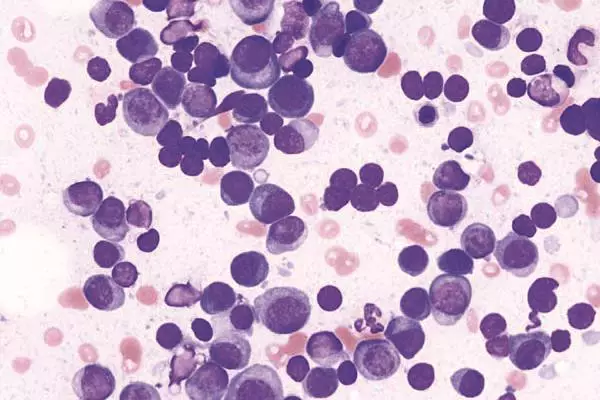
Wikimedia Commons
The European Medicines Agency (EMA) has recommended multiple myeloma treatment daratumumab for conditional marketing authorisation.
The recommendation, announced on 1 April 2016, was based on the results of two clinical trials. The results of the first trial showed that 29% of 106 patients taking the drug had a partial or complete reduction in tumour burden over an average of 7.4 months. The response rate was 36% in the second trial, which involved 42 patients.
Daratumumab is a monoclonal antibody that targets the CD38 molecule, which is overexpressed by multiple myeloma cells, and triggers the body’s immune system to attack the cancer cells.
The European Commission will now decide whether to grant conditional marketing authorisation, which allows marketing authorisation where the benefit of a drug’s immediate availability to patients outweighs the risk of additional data still being required. If approved, the drug will be used for patients with relapsed or refractory disease who have previously received both a proteasome inhibitor and an immunomodulatory agent.
The recommendation to conditionally approve daratumumab was made under the EMA’s accelerated assessment programme, which allows the Committee for Medicinal Products for Human Use (CHMP) to review medicines for unmet clinical needs in 150 days instead of 210. The drug was authorised by the US Food and Drug Administration in 2015 under its own accelerated approval scheme.
Results from two phase III trials involving daratumumab in combination with lenalidomide/dexamethasone and bortezomib/dexamethasone are expected in 2017.
The EMA says that the CHMP will review the risks and benefits of daratumumab annually until full data are available to determine whether to maintain the conditional marketing authorisation.


